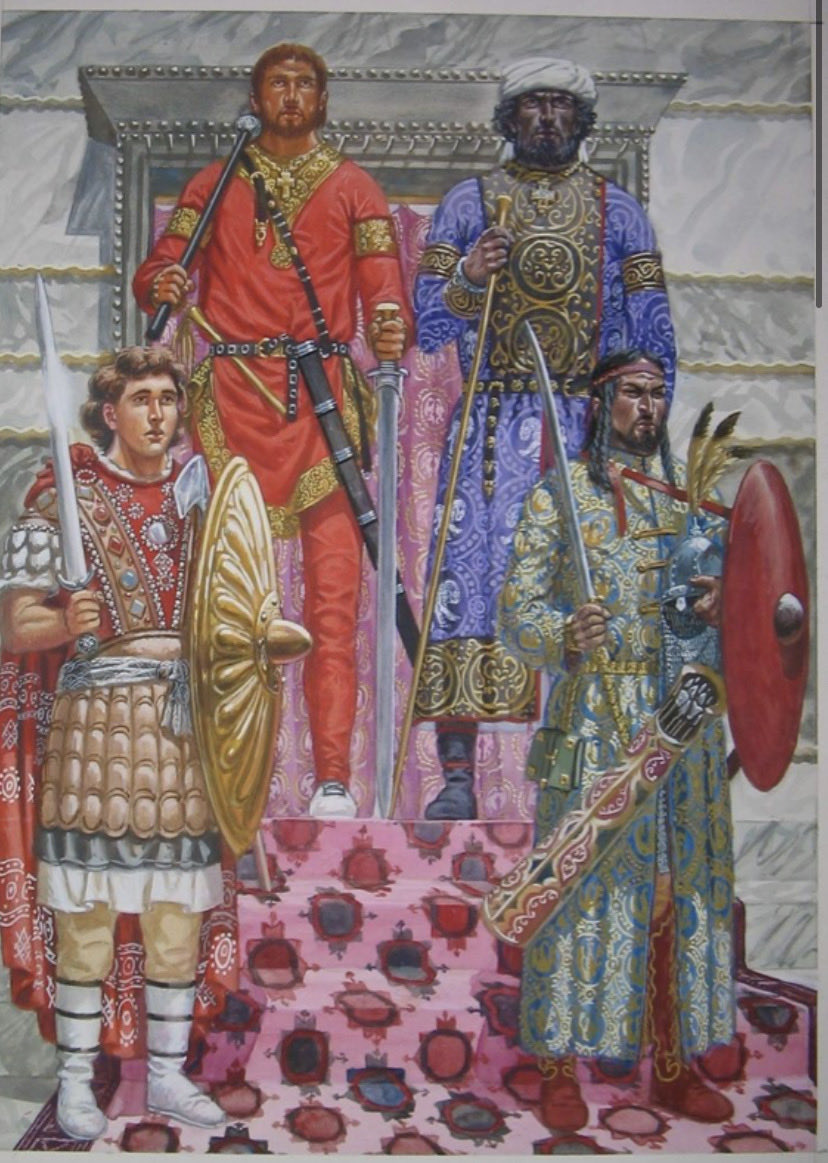The Punic Wars poisoned Republican Rome and led to its slow death. The twin devastations of massacring of the middle class part-time warriors & the influx of slave-labor destroyed the conditions that led to Roman strength in the 400s-220 BC.
https://twitter.com/lefineder/status/1631751565433339915
These devastations can be directly attributed to Hannibal’s annihilation of the Roman Army. In two years & only three major battles, Hannibal killed 20% of Rome’s military age men. That’s roughly the same as the losses of the USSR in all of World War Two! 

These dead men left farms to be gobbled up by the rich, flush with cash & slaves from military victories. Many of those who survived lost their farms anyways as they couldn’t maintain them while on lengthy campaigns further and further from home. 

As the middle class was gutted, dispossessed peasants flock to the urban slums. Power was consolidated in the elite & “moral decline” was witnessed in desperation of poor & hedonism of the rich. The military was fully professionalized by necessity & generals become more powerful. 
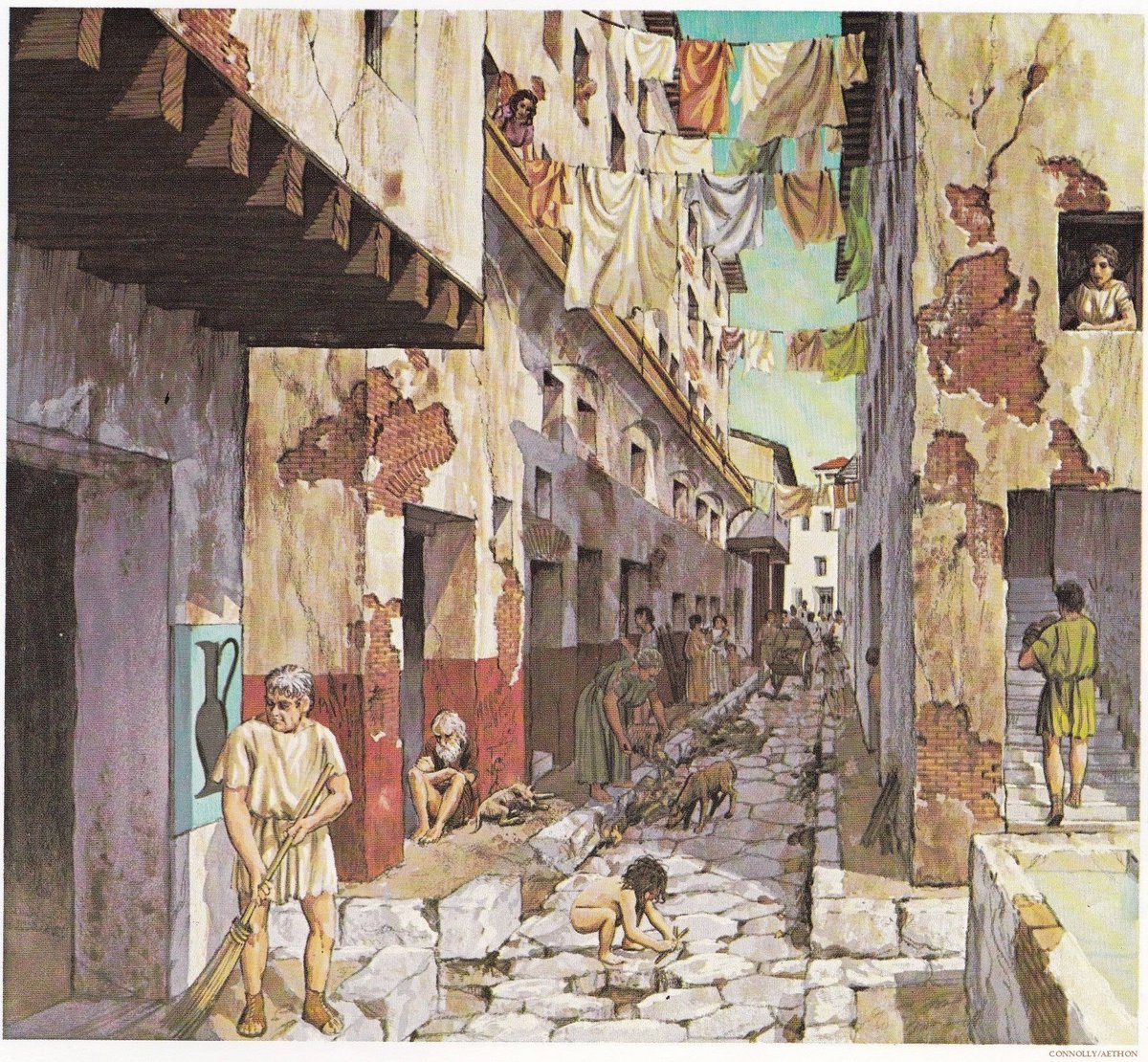
This lead to the cataclysm of the Civil Wars & establishment of the Principate. I think people underestimate how completely hollowing these conflicts & their outcome were to Roman culture & society. The facade remained but the people & way of life was exhausted. 

From Augustus’s conservative policies to Marcus Aurelius’s Stoicism, the elite presented solutions without resolving the underlying issues. Political stability finally broke in a few centuries’ time as power was slowly consolidated in new, once-conquered peoples & regions. 
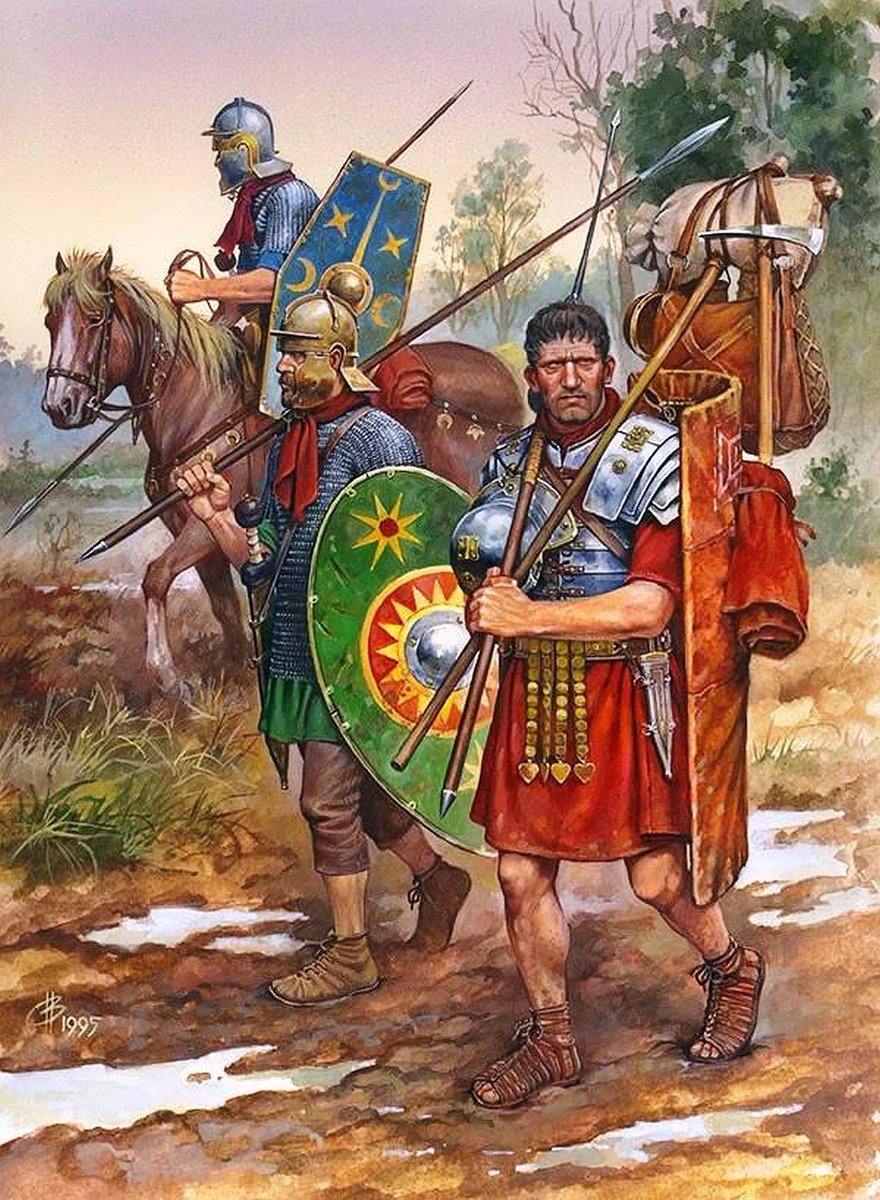
This breakdown, labeled the Crisis of the 3rd Century, necessitated by the wealth of the East & soldiers of the Balkans, lead to radical restructuring; new internal borders for the Empire, a radical shift in military organization, & collapse of the monetary economy (tax in kind). 


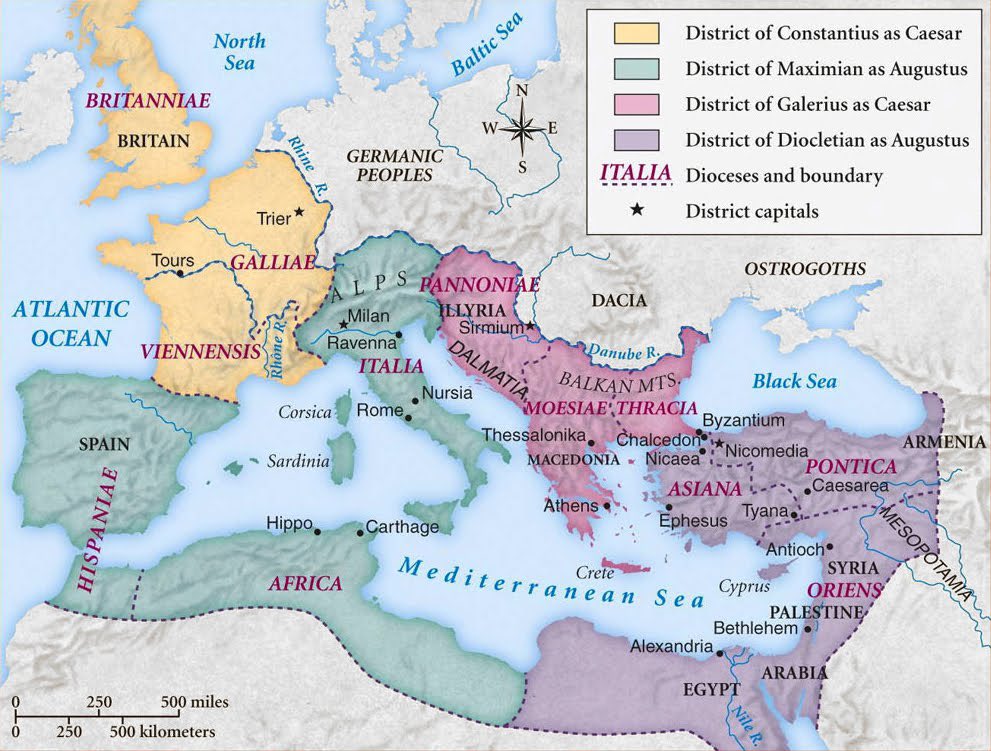
Christianity also underwent continued growth as it provided spiritual purpose & community to the urban poor. It was also adopted by the state to bind the Empire, now long bereft of the old unity & conquering spirit of the Republican Romans that once was served as its core. 
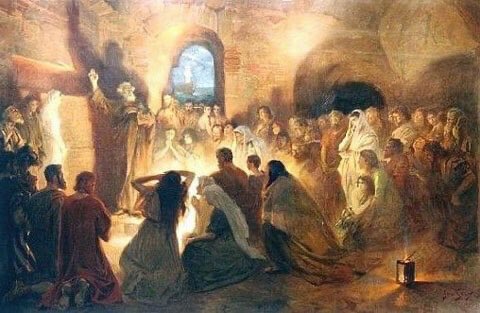
Christianity & its organizational structures then formed the new nexus of the civilization. Bishoprics replaced the classical polis as building blocks of the Med. World. An over-simplification but cool to see how the Punic Wars affected the trajectory of the Roman Empire. 



Hannibal’s father, Hamilcar, also a famed Carthaginian general & enemy of the Romans bound his 9 year old son with the oath, “I swear so soon as age will permit...I will use fire and steel to arrest the destiny of Rome." Even in defeat Hannibal was true to his word. 

@threadreaderapp unroll
• • •
Missing some Tweet in this thread? You can try to
force a refresh














